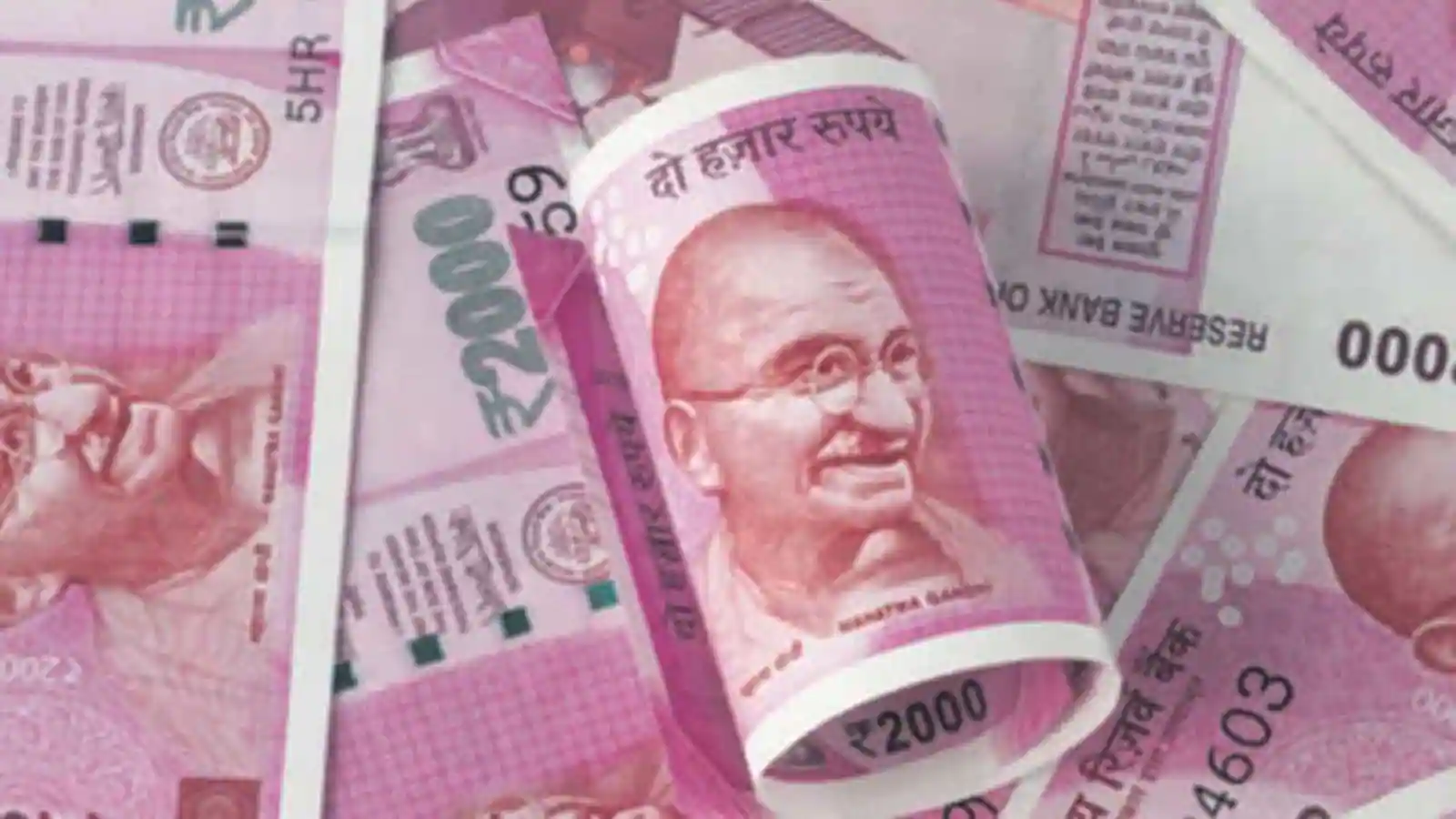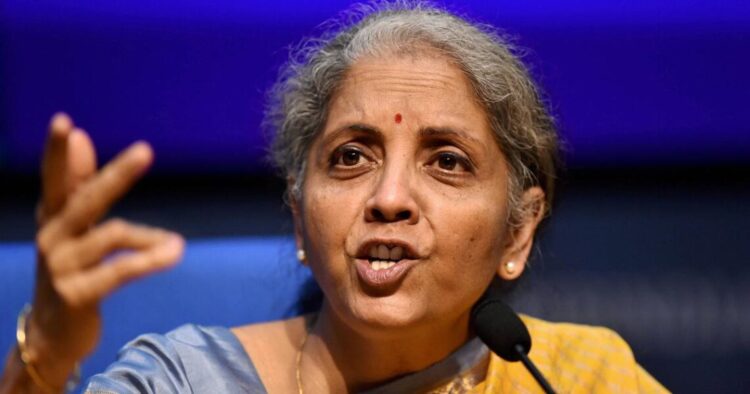The government of India has finally nullified the retrospective tax as it tabled an amendment to the Income Tax Act. On Thursday, Union Finance Minister Nirmala Sitharaman introduced the bill to amend the law.
The co-founder of First Global, Shankar Sharma, recalls the controversial tax introduced by the then finance minister, Pranab Mukherjee.
He was at the post-budget panel when the former President of India introduced the tax; he writes for Business Standard.

A Supreme Court verdict exempted Vodafone from being taxed for the purchase it made in 2007 for $11 million of a 67 percent stake in Hutchison Whampoa.
The taxation law made no explicit provision for the offshore share transactions such as the Vodafone’s with the underlying Indian assets.
This made Mukherjee bring the ambiguous tax despite the hesitation of the fellow Cabinet members. The BJP even went on to say that retro taxation is nothing but ‘tax terrorism’.
Arun Jaitley, on several occasions, mentioned that the NDA government would nullify the tax as soon as it comes to power.
In a statement, the Finance Ministry said that the proposed amendment is to ensure that no tax demand in the future due to the contentious bill shall be raised for any indirect Indian assets, “if the transaction was undertaken before May 28, 2012”.
“It is further proposed to provide that the demand raised for indirect transfer of Indian assets made before 28th May 2012 shall be nullified on fulfillment of specified conditions such as withdrawal or furnishing of undertaking for withdrawal of pending litigation and furnishing of an undertaking to the effect that no claim for cost, damages, interest, etc., shall be filed.
It is also proposed to refund the amount paid in these cases without any interest thereon,” the government said.
The statement further said, “The issue of taxability of gains arising from the transfer of assets located in India through the transfer of the shares of a foreign company (hereinafter referred to as “indirect transfer of Indian assets”) was a subject matter of protracted litigation.
Finally, the Supreme Court in 2012 had given a verdict that gains arising from indirect transfer of Indian assets are not taxable under the extant provisions of the Act.”
Although the NDA government made announcements to provide “a non-adversarial and conducive tax environment”, it did not make any efforts to withdraw the law. Then why now?

India lost in the recent verdicts on the prominent international cases petitioned by Vodafone and Cairn. Convincing a French court to freeze underlying Indian assets, Cairn is also planning on making its next move on Air India’s assets suing the company to enforce a $1.2 billion arbitration award.
This poses a threat to Modi Government’s image and an opportunity to amend the law without having to provide penalty payments.
Cairn Energy made a statement saying it has noted the events and is monitoring the situation closely. “We have noted the introduction to the Indian parliament of the Taxation Laws (Amendment) Bill 2021, which proposes certain amendments to the retrospective taxation measures that were introduced by the Finance Act 2012.
We are monitoring the situation and will provide a further update in due course,” it said in a statement.
Also Read: Would Retailers Want To Go Back To Their Stores Post The Pandemic?
















